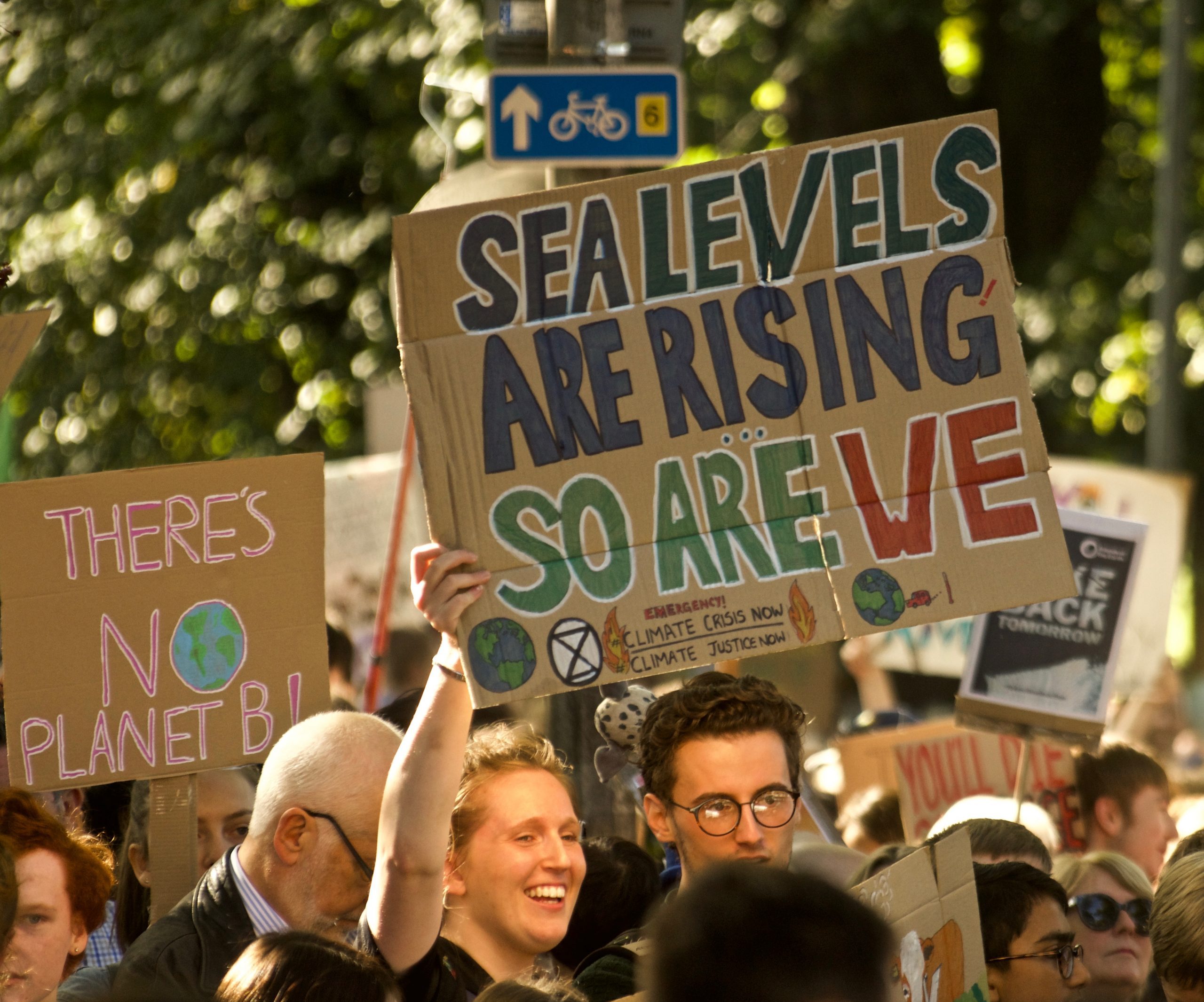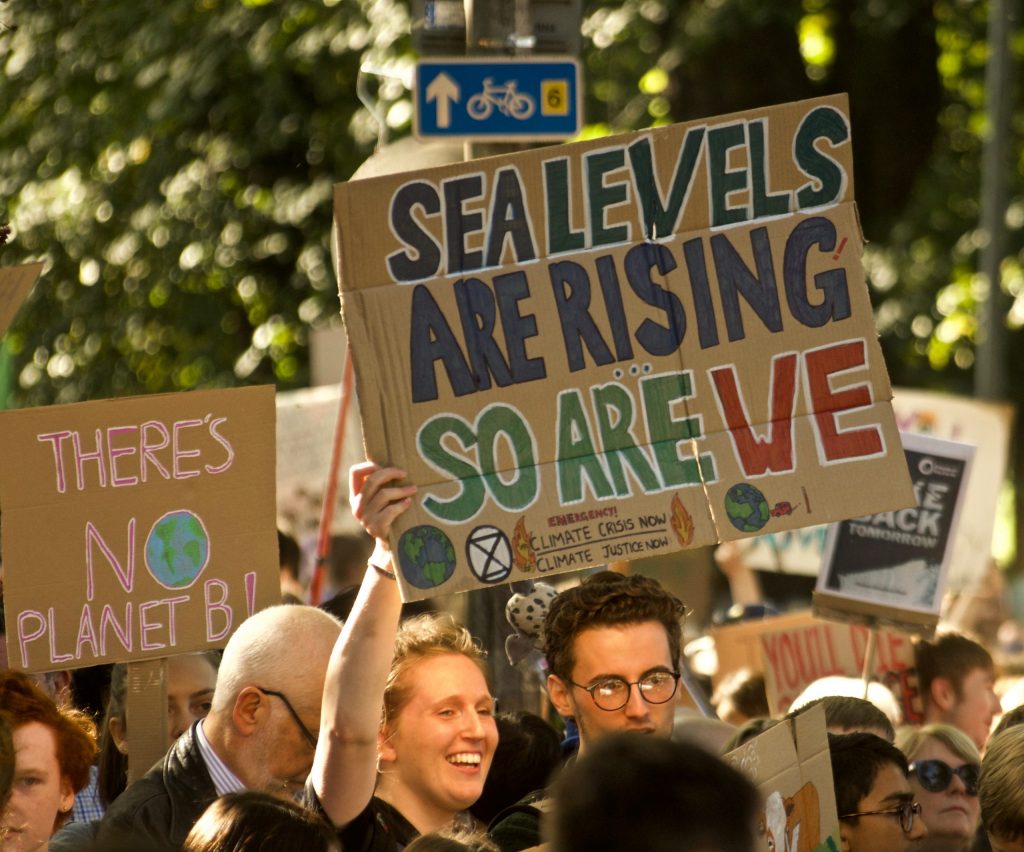
What I learned from writing the new Friends of the Earth Scotland strategy
When I was recruited to be Friends of the Earth Scotland Director, it was with a pretty enormous brief: developing a new organisational strategy to ensure that Scotland plays its part in keeping global emissions consistent with 1.5°C warming.
That new strategy is published today, including a new vision, mission, values and theory of change. Here are five key lessons:
1. It’s not too late
The climate movement has done amazing work calling people to the urgency and severity of the crisis that we face. At the same time, constant messages of alarm and emergency, while moving some people to action, move others to apathy and inertia. We can do more to convey the true nature of the crisis, which is one of political and economic systems premised on domination and extraction.
We can also do more to communicate how much is still worth fighting for, and crucially, the solutions that exist. It’s important that we work together to imagine the world we want to live in, strategise towards getting there, and communicate that this is possible, even if the journey may be uncertain and hard.
2. We are not alone
In campaigning it can be hard to make time to reflect on and acknowledge how far we’ve come, but it’s essential to maintaining morale and refining our strategies.
Despite the best efforts of the Westminster Government to demonise climate protestors, the reality is that the belief that we need action on climate change isn’t fringe or radical: the majority of people are with us. According to the ONS, in 2022 74% of adults in Great Britain – and 72% of adults in Scotland – reported feeling very worried about climate change, and it was the second greatest concern facing adults after the rising cost of living.
It’s clear that our task now goes beyond raising awareness: we need to make our shared concerns a basis for action that pressures decision-makers into implementing transformative solutions.

3. We have a lot to learn from each other
Even though climate breakdown will have a disproportionate impact on racialised and working-class communities in the global South, and indeed on racialised and working class communities in the global North, I only need one hand to count the other Black people in senior leadership in the UK environmental movement.
While I’ve had a hugely warm welcome from many people, certain spaces have felt cliquey, superior and exclusive, as if I had to have the right climate credentials and know all of the right jargon for my experience or analysis to count. Those parts of the climate movement need to do more to look outwards and learn from their peers in the broader progressive movement. For example, some have been surprised by Government and media attacks on charities like the RSPB.
But this is a tried-and-tested playbook – charities and lawyers working to defend migrants’ rights have been dealing with it for years. In the same vein, anti-racism campaigners (and veteran climate action groups) have long been subject to the kinds of policing, surveillance and punishment now being doled out to newer actors in the space.
4. We need to think critically about state power
Civil liberties campaigners cannot be anything but critical of state power. Over the last decade my work has looked right down the barrel of how the state treats marginalised people, and how it uses and abuses its powers of surveillance, detention, deportation and punishment.
While massive mobilisations of state power and resources are necessary to implement the climate movement’s transformative visions, it simply isn’t enough to hope that getting the right governments into power will suffice. A just transition must be attentive to existing patterns of harm and discrimination in state practice, or there will be nothing just about it.
5. Our means are just as important as our ends
Much of my time at FoES has been taken up with the kind of work that is all too often feminised and made invisible in NGOs – the work of building a resilient organisation. The reality is that we cannot deliver on our campaigning out in the world without proper systems of care, support and administration holding us in that work.
Like all the best things, FoES’s new strategy is a collective endeavour, drawing on the wisdom of the whole staff team, the Board, our members and local groups, allies in the Friends of the Earth International federation, and partners and critical friends working in and beyond the environmental sphere. We look forward to getting to work – perhaps you’ll join us.
